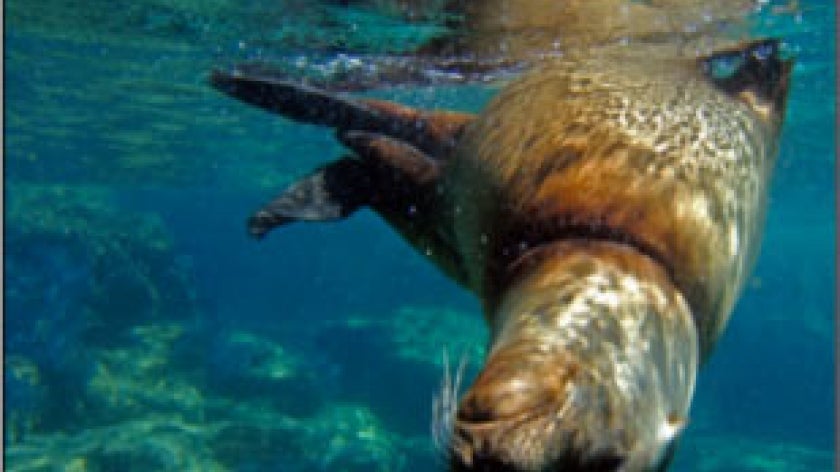
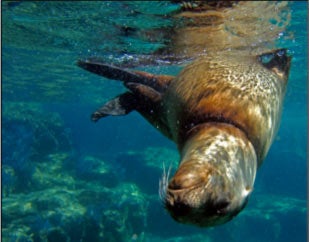
The Global Environment Facility (GEF) joins the United Nations and countries around the world in celebrating World Oceans Day today, June 8th. World Oceans Day presents an opportunity to reflect on the importance of oceans in our everyday lives and what we can do to preserve its natural resources for future generations.
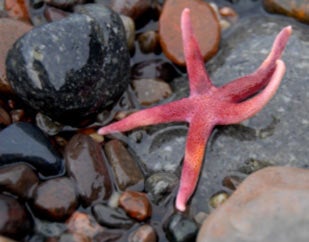
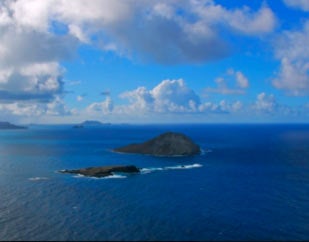
The Focal Area helps countries collectively manage their transboundary surface water basins, groundwater basins, and coastal and marine systems in order to share the benefits from them. About $800 mil GEF grants and almost $4.5 billion in co-financing has been devoted by the International Waters area to improving coastal and marine management. GEF Biodiversity Focal Area projects address the key drivers of biodiversity loss and focus on the highest leveraging opportunities to achieve sustainable biodiversity conservation. Biodiversity projects constitute about 36 percent of The GEF’s portfolio, making it the largest portfolio at the GEF.
There are many issues that threaten the world’s oceans today. Overfishing, loss of habitat and biodiversity, land-based and marine pollution, and ramifications of climate change are just a few of the many problems The GEF faces in its fifth replenishment (GEF-5) as highlighted by the GEF-5 Focal Area Strategy. Fortunately, The GEF is building off twenty years of success in these environments. For example, the multilateral Coral Triangle Initiative is effectively protecting marine resources to ensure income and food security for the millions of people in Southeast Asia. The Black Sea Nutrient Reduction Partnership has successfully reduced nearly 16,000 tons of Nitrogen and over 5,000 tons of Phosphorous loading into the Black Sea and Danube River basin per year, preventing anthropogenic anoxic “dead zones” which were having detrimental effects on the livelihoods of the people in Southern and Eastern Europe.
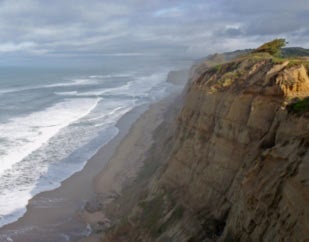
Similar success can be found in a collection of projects focusing on reforming the fisheries sector in Africa, which has led to unprecedented cooperation among coastal countries.
Together, GEF and its partners will continue to lead to way in ocean conservation through innovative and transformational impacts that address core problems and ensure long-term success.